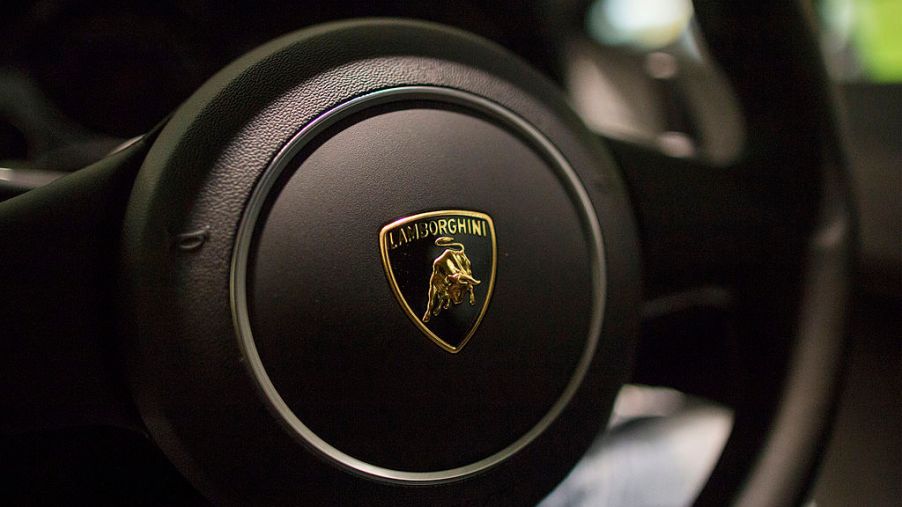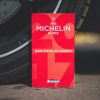
This Fake Lamborghini and Ferrari Factory Was Just Busted
Authorities busted a Brazilian shop selling replica supercars after they received complaints that the owners sold sham Ferraris and Lamborghinis to unwitting customers. According to the Associated Press, investigators found a “clandestine luxury car factory” producing unlicensed kit cars in the city of Itajaí.
A father and son accused
Autosfibra Customs allegedly marketed fake Ferraris and Lamborghinis online using Instagram and YouTube. They sold the vehicles for a fraction of the authentic cars’ prices.
Authorities arrested the shop owners, a 53-year-old man and his 29-year-old son, on industrial property charges. The raid occurred when police followed up on complaints from Italian automakers. Authorities confiscated a total of eight partially completed vehicles found at Autosfibra Customs. Police are investigating how the seized vehicles were made.
The shop operated in the seaside city of Itajaí for 25 years, building fiberglass “prototypes” of modern and vintage collector cars. Replications included older cars like the Porsche 356 and newer ones like the Lamborghini Huracán. Using social media to promote, Autosfibra Customs allegedly sold prototypes for $45,000 to $60,000. With the price of an authentic Huracán around $261,000, many enthusiasts accepted the cost of the replicas.
The duo, for all intents and purposes, seemed to know what they were doing. They crafted a custom tube-frame chassis for each replica and placed a fiberglass shell over it. Those who saw examples of their previous work maintain that some of their “prototypes” outwardly are hard to distinguish from the genuine vehicles.
Impressive … on the outside
On the outside, the cars look like the ones promised in the slick images on Autosfibra Customs’ social media. The interiors and inner workings are a different story. Some customers complained of overall poor quality.
The exteriors look legitimate to a novice. The engines used, however, came from other cars like the significantly less powerful Alpha Romero, Chevrolet Omega, and Mitsubishi Eclipse. While the quality of some materials was good, the cars’ interiors did not get much attention. The cabins weren’t similar to the originals at all.
Autosfibra Customs documented their replica cars as “prototypes,” a clear sign of fraud. Automakers can’t register generic prototype cars with logos due to the theft of intellectual property. Photos of Autosfibra Customs’ prototypes obtained by authorities show cars with sleek bodies, illegally used accessories, and badges of the Italian brands.
The future of Autosfibra Customs
As of publication, the shop’s YouTube channel and Instagram are still live. Prior to their arrests, attempts to contact either man by phone were declined. They referred inquiries to a video on their YouTube channel posted on July 18. In the video, the men blame a “sensationalist” and “rotten” media wanting to “denigrate” their business.
“We did not close. We are working normally. There are cars being made for customers there and our commitment is to finish these cars,” said the father. He said his shop created “artisanal cars” legally by Brazilian regulations. He alleges that the investigation will reveal that the confiscated cars don’t “100%” match industrial designs. How their legal situation unfolds remains to be seen.


